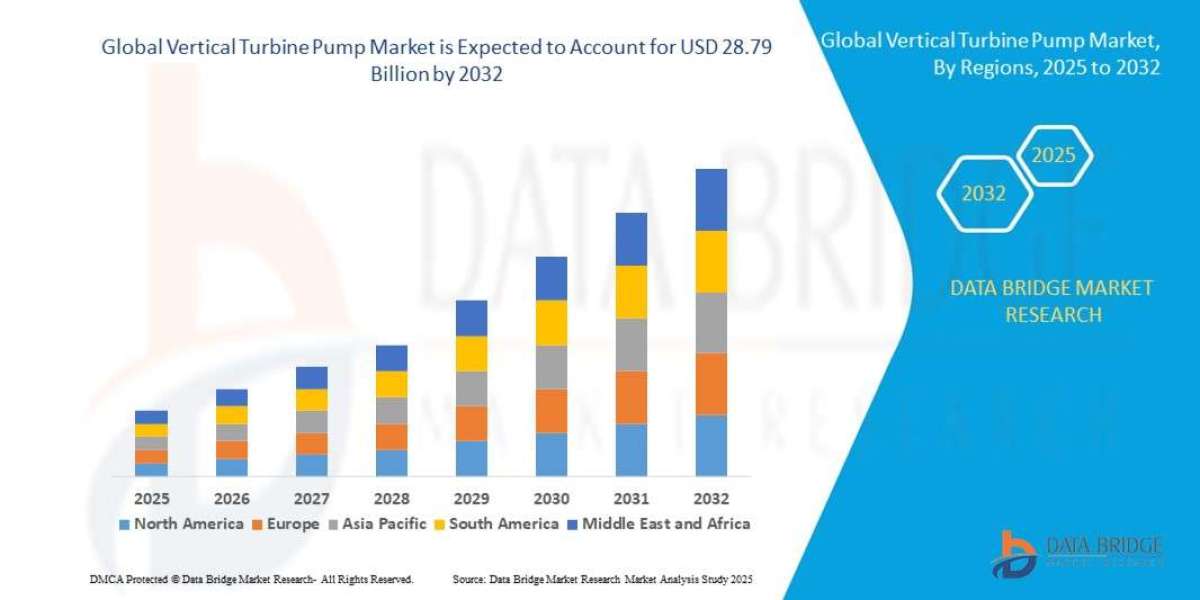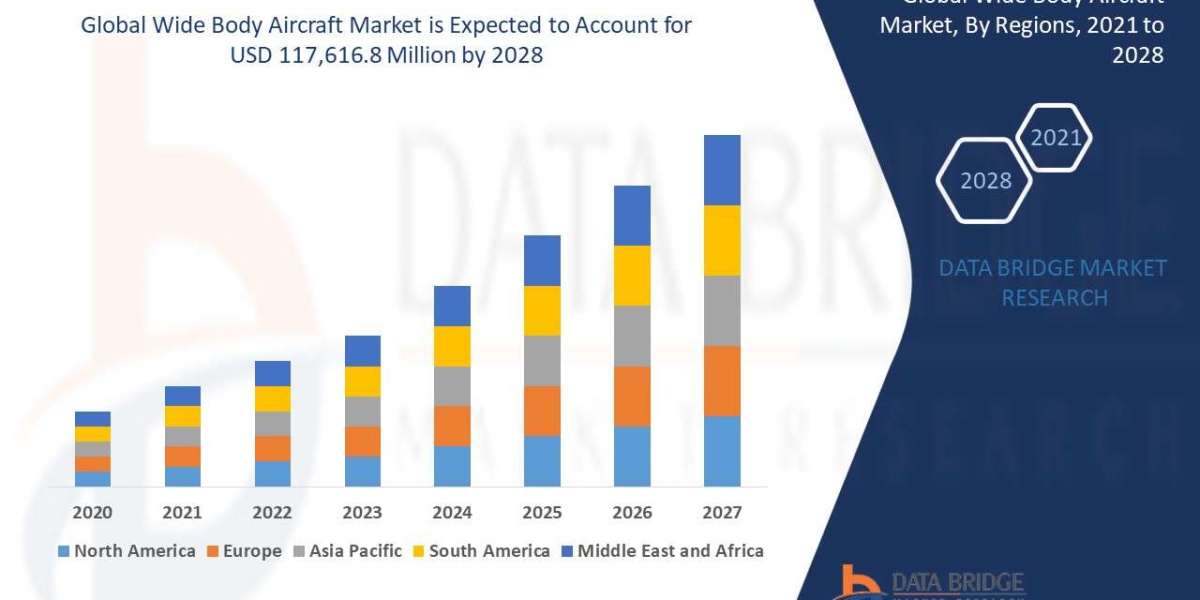When it comes to creating a cozy bedroom setup, nothing matches the simplicity and functionality of a single bed. Whether it’s for your child’s room, a guest room, or even for your own use in a compact apartment, single beds offer the right balance of comfort and space efficiency. Unlike larger beds that occupy too much floor area, single beds are designed to be practical, stylish, and affordable.
From a simple single cot to a modern single bed with storage, there are endless designs to choose from. In this blog, let’s explore why single beds are such a smart investment, the different types available, and how you can find the best one for your home.
Why Single Beds Are a Smart Choice
Here’s why more and more people are choosing single beds over bulky alternatives:
Compact and Space-Friendly – Perfect for smaller bedrooms, hostels, or studio apartments.
Affordable – The single bed price is much lower than double or king-size beds, making it a budget-friendly option.
Multipurpose Use – Ideal for kids, bachelors, guests, or even as an additional sleeping arrangement.
Stylish Designs – From elegant wooden frames to modern upholstered looks, single beds come in a variety of styles.
Functional Options – With storage features, they provide extra utility for modern homes.
Different Types of Single Beds
When shopping for single bed, you’ll come across multiple categories, each with unique benefits:
1. Single Cot
The traditional single cot is a minimalistic option, often made of wood or metal. It’s lightweight, easy to move, and perfect for those who prefer simplicity.
2. Single Bed with Storage
If you live in a compact home, a single bed with storage is a must-have. These beds come with pull-out drawers, hydraulic systems, or box storage, allowing you to store bedding, clothes, and other essentials neatly.
3. Wooden Single Beds
A wooden single bed never goes out of style. Crafted from Sheesham wood, Mango wood, or engineered wood, these beds add natural warmth and elegance to your space while being highly durable.
4. Upholstered Single Beds
For those who love a touch of luxury, upholstered single beds with cushioned headboards provide extra comfort. They are great for reading, watching TV, or working from bed.
5. Kids’ Single Beds
Fun, playful, and compact, kids’ single beds often feature unique designs, bright colors, and sometimes built-in shelves for books and toys.
Factors to Consider Before Buying a Single Bed
When selecting a single bed, here are some important aspects to keep in mind:
Size of the Room – Ensure the bed fits without making the space congested.
Storage Requirement – If storage is a concern, go for a single bed with storage.
Material – Choose a sturdy option like Sheesham wood for durability or upholstered for comfort.
Budget – Compare the single bed price across different designs to find the right match.
Design Preference – Match the style of the bed with your room décor—modern, classic, or minimalist.
Benefits of Choosing a Single Bed with Storage
A single bed with storage is one of the most practical furniture choices you can make. Here’s why:
Maximizes Space – Perfect for compact rooms where storage is limited.
Keeps Clutter Away – Extra bedding, pillows, or seasonal clothing can be stored neatly.
Organized Bedroom – Reduces the need for additional wardrobes or cabinets.
Stylish Utility – Combines beauty with functionality, making your room look modern and well-kept.
Single Bed Price – Value for Money
The single bed price depends on its style, material, and features. For example:
A basic single cot is the most affordable.
A wooden single bed comes at a mid-range price with durability.
A single bed with storage is slightly higher but worth the investment.
Upholstered beds are priced higher due to their premium comfort and finish.
No matter which one you choose, a single bed is always a cost-effective option compared to bigger bed sizes.
Styling Tips for Single Beds
A single bed can transform your room into a cozy retreat with the right styling. Here are some quick tips:
Use bright-colored bedsheets and cushions for kids’ single beds.
For wooden single beds, go for earthy and pastel shades for bedding.
Add a floor lamp or side table to enhance the look.
Use under-bed organizers for extra storage in single cots.
Choose wall art or decor that complements the bed’s design.
Why Wooden Street is the Best Place to Buy Single Beds
When it comes to buying furniture online, Wooden Street is a trusted name in India. Here’s why:
Extensive Range – From simple single cots to modern single beds with storage.
Premium Quality – Beds crafted from durable Sheesham wood, engineered wood, and upholstered finishes.
Affordable Pricing – Get the best single bed price with attractive offers.
Customization Options – Beds tailored to suit your room’s style and space.
Convenient Shopping – Easy online ordering, doorstep delivery, and professional installation.
Conclusion
A single bed is the ultimate combination of practicality, comfort, and affordability. Whether you’re looking for a single cot for a guest room, a wooden single bed for durability, or a single bed with storage for space-saving, there’s an option for every lifestyle.
If you are searching for high-quality single beds at the best single bed price, explore the exclusive range at Wooden Street. With stylish designs, premium quality, and affordable pricing, Wooden Street makes it easy to bring home comfort and elegance in one package.














